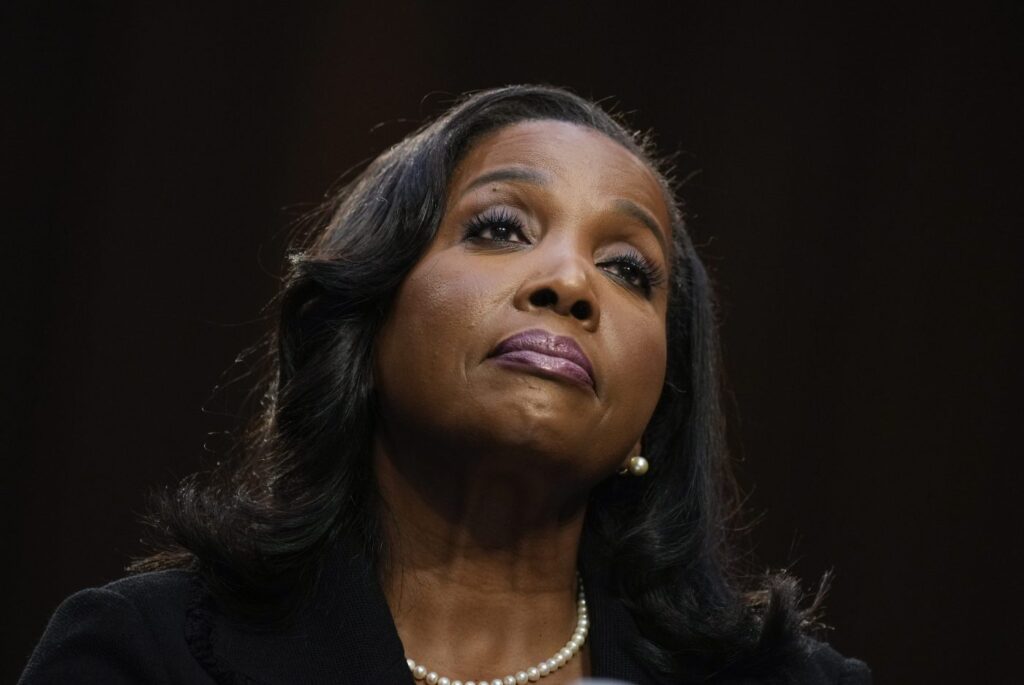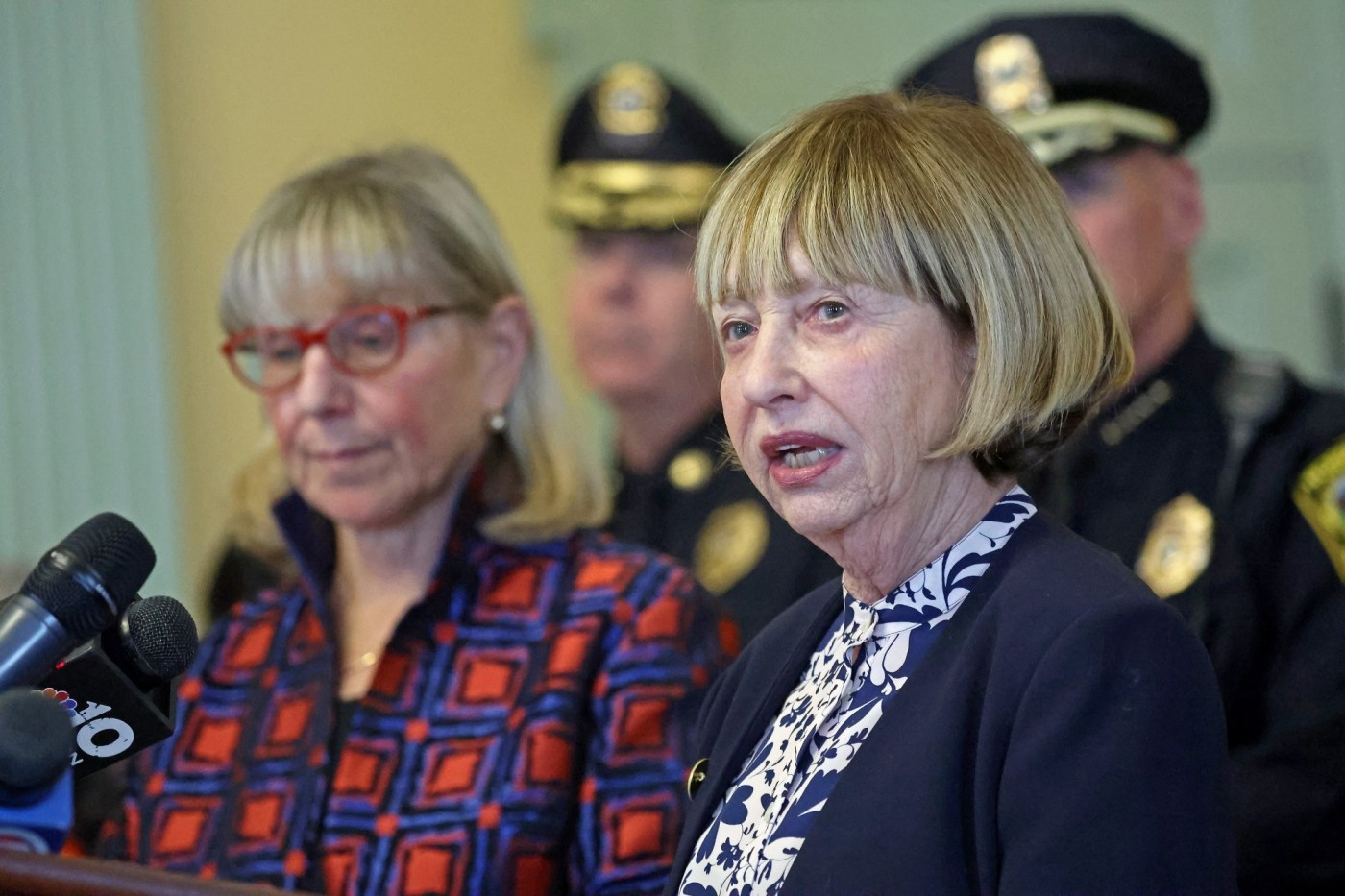
Former U.S. President Donald Trump is facing significant backlash following his attempt to remove Federal Reserve Governor Lisa Cook. This move has raised concerns about the independence of the central bank and its potential consequences for the economy. Trump’s actions have been characterized as both legally questionable and potentially damaging to the economic stability of the United States.
Trump’s direct challenge to the Federal Reserve comes amid a broader narrative of interference in independent agencies. The former president has long signaled his discontent with the Fed and its Chair, Jay Powell. This week, he specifically targeted Cook, alleging her involvement in mortgage fraud—a claim many view as ideologically motivated rather than based on factual evidence. Cook has publicly asserted her position, stating that Trump lacks the authority to dismiss her and that she will resist any attempt to force her resignation.
The independence of the Federal Reserve is crucial for maintaining economic stability. The U.S. Supreme Court has previously emphasized this principle, carving out protections for the Fed, even in rulings that have allowed Trump to dismiss other independent agency heads. Experts warn that undermining the Fed’s autonomy could have catastrophic repercussions for the U.S. and global economies.
Interference in central banking has historically led to negative outcomes. Economists and policymakers recognize the importance of allowing experts to set monetary policy, particularly in times of economic uncertainty. Trump’s previous economic measures, including significant tariffs, have already raised consumer prices and undermined global confidence in the U.S. market. The potential for Trump to exert control over the central bank is viewed as a risk that could escalate these issues.
Adding to the complexity of the situation is the context of Trump’s accusations against Cook. His claims echo previous attempts to discredit political opponents, such as Tish James, the New York Attorney General. Critics suggest that these actions reflect a broader strategy to target individuals who pose challenges to Trump’s political ambitions. The involvement of Bill Pulte, a Trump donor and current director of the Federal Housing Finance Agency, raises questions about the motivations behind these allegations and whether they serve to further Trump’s interests.
Political observers have noted that the accusations against Cook and James are not isolated incidents but rather part of a pattern of behavior. The use of government resources to target perceived adversaries undermines the rule of law and the integrity of public institutions. As the situation develops, there are calls for Congress and the Justice Department to investigate these actions, particularly in light of the serious implications for governance and democracy.
In conclusion, Trump’s attempt to influence the Federal Reserve and dismiss Governor Cook poses a significant threat to both the economy and the rule of law. The need to protect the independence of the central bank has never been more critical, as the potential fallout from such interference could resonate beyond national borders. The ongoing developments will likely continue to draw scrutiny from lawmakers and the public alike, emphasizing the importance of maintaining a professional and independent governance structure for the benefit of all.






